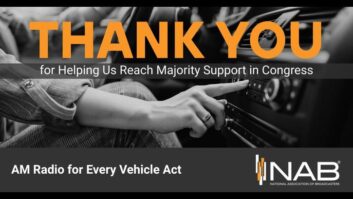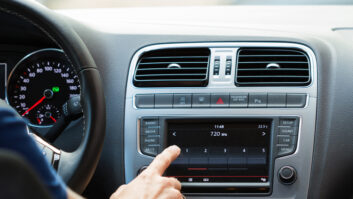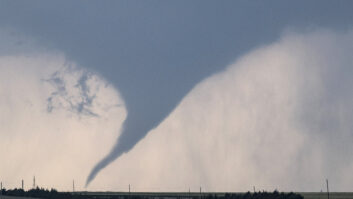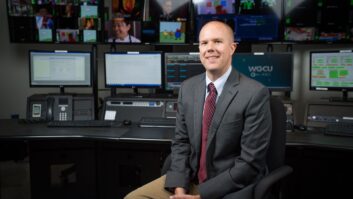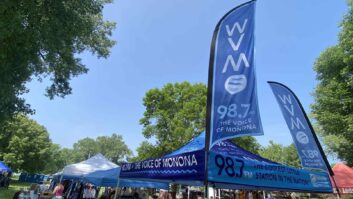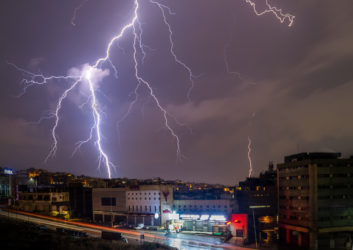
The author is vice president and secretary of Seven Ranges Radio in St. Mary’s, W.Va.
The FCC is discussing adding requirements for backup power at radio stations and other key communications providers, in order to maintain service during emergencies.
A worthwhile idea — but it’s not going to happen without federal money.
In 2012 a “derecho” hit our market of some 20 stations. This straight-line wind event shut down power for a wide area. The next morning, only my suburban B-1 FM and an AM station in town were on the air carrying emergency information.
For most small to medium-market stations, the proposal is not going to happen unless the government pays for generator installation. Even for a small plant, generator installation can start at $7,000 and go up from there. And these small systems need continual, annual maintenance.
And that’s in “fly-over” country. In the East and West, infested with bureaucrats, installation costs may be double or triple that in order to satisfy all the government agencies.
I own three stations in Market No. 242, two FMs and a full-time AM, plus a fourth Class A FM at a small town some 40 miles out of the market. Also in this market are another five AM stations, five non-com FMs and seven commercial FM signals.
In town we have a full-time AM and a Class A FM. The AM tower is at the AM/FM’s studios. Our suburban B-1 is at a combined studio/transmitter site 20 minutes from downtown. Our fourth FM is programmed from there. Both studios have generators, and that out-of-town FM has one at the transmitter site.
We installed our first generator some 25 years ago at our suburban B-1, not specifically for emergency broadcast but because the local public utility was so unreliable. It proved its value in 2012 when the “derecho” toppled several transmission towers at the local power plant. We were on generator power for a week.
But the transmitter site for our in-town FM has no backup. We’ve talked about installing a generator, but between COVID slowing sales and a certain government agency sucking up around $7,000 each year in “fees,” that’s been put off again this year. On our same tower at that site are a local non-com plus translators for four of the six AM stations in town.
But we are in better shape than the rest of the market. The “big group” owner in town doesn’t have working backup at any of their three FMs, nor at their studio. The other group owner can power three of their four FMs if someone goes out to start the generator manually. But they have no backup power at the studio.
One AM — also locally owned by former NAB board member John Wharff — has backup power for his station and its associated translator. His was the only station on-air in town the day after the derecho. But that’s the roster.
Come another big storm, our two AMs and my suburban B-1 will be the only sources of emergency information.
Require backups?
Should the FCC require communications providers including broadcasters to have backup power provision? Comment to [email protected].

